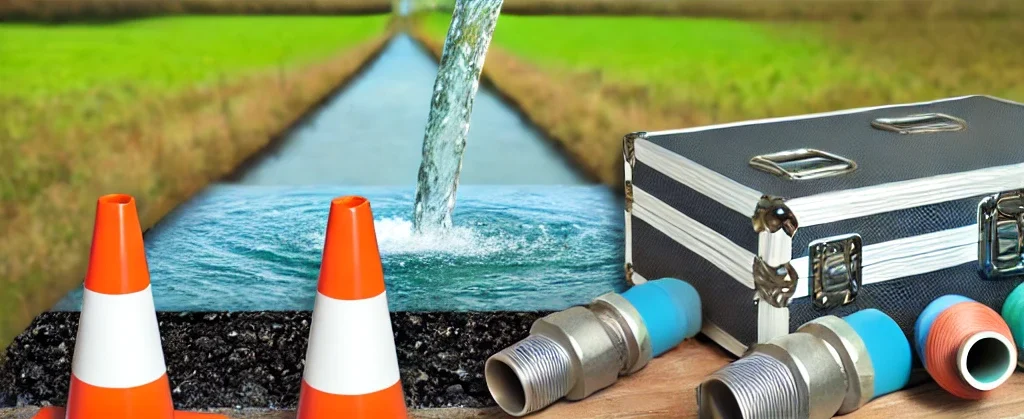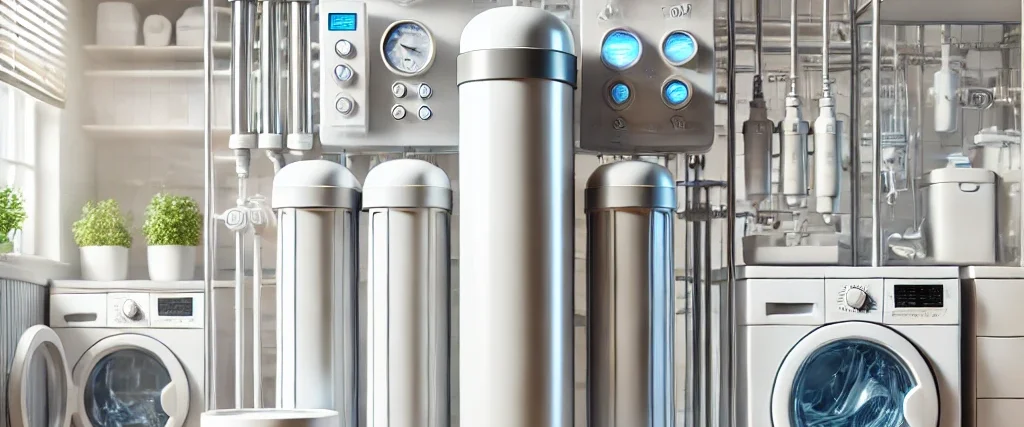Securing a reliable water source is crucial when developing new properties. Water drilling is a process that ensures consistent access to clean, potable water. This guide provides a comprehensive overview of water drilling, from initial assessments to long-term maintenance.
Understanding Water Drilling
Water drilling involves creating a well that taps into underground water sources. It’s commonly used in areas without municipal water supply. By drilling a well, property owners can access groundwater safely. Drilling requires specialized equipment and expertise to ensure a sustainable and safe water supply.
Assessing Water Needs
Each property has unique water needs based on size, usage, and location. Conducting a water needs assessment helps determine the depth and yield requirements for the well. For residential properties, the demand is typically lower. However, agricultural or commercial sites may require higher output. Understanding these needs helps in planning and budgeting for water drilling.
Site Evaluation and Permits
Before drilling, it’s essential to evaluate the property’s geological characteristics. Experts assess factors like soil type, rock formations, and groundwater levels. This information helps determine the drilling method and depth. Additionally, permits are often required before drilling begins. Local regulations dictate water usage, drilling depth, and environmental considerations. Consulting with professionals and local authorities ensures compliance and avoids legal issues.
Types of Drilling Methods
There are several methods for water drilling, each suited to specific conditions. The most common techniques include rotary drilling, percussion drilling, and auger drilling. Rotary drilling is highly effective for deep wells and hard rock formations. Percussion drilling is ideal for shallow wells and softer soils. Auger drilling, although less common, is used in loose, sandy soils. Choosing the right method ensures efficiency and cost-effectiveness.
Installation of the Well System
Once drilling reaches the desired depth, a well system is installed. This includes the casing, which prevents the well from collapsing, and the screen, which filters out sediment. A pump is then installed to bring water to the surface. Proper installation is essential for a well’s long-term performance. Most systems are designed to last several decades with routine maintenance.
Testing Water Quality
After drilling, it’s crucial to test the water quality. Water tests check for contaminants like bacteria, nitrates, and heavy metals. Regular testing ensures the water remains safe for consumption and use. Testing can be conducted by local health departments or private laboratories. If contaminants are found, treatment options such as filtration or disinfection may be necessary.
Maintenance and Upkeep
Proper maintenance is vital to keep the well functioning efficiently. Regular inspections help identify potential issues, such as corrosion or declining water quality. Property owners should also periodically check water levels to ensure consistent supply. In addition, pump systems may need occasional repairs or replacements. Routine maintenance extends the well’s lifespan and ensures uninterrupted access to clean water.
Cost Considerations
The cost of water drilling varies based on factors like depth, location, and drilling method. Typically, deeper wells cost more due to increased labor and materials. Additional expenses may include permits, water testing, and equipment. While initial costs can be high, drilled wells often reduce long-term water expenses, especially in areas without municipal supplies.
Benefits of Water Drilling
Water drilling offers numerous benefits for new property owners. A private well provides autonomy over water usage and eliminates dependence on municipal systems. Groundwater is generally reliable and can be cost-effective over time. Additionally, private wells increase property value, as they offer a self-sustaining water source. Properly managed, a well can supply clean water for years with minimal costs.
Reliable Solutions for Your Property
Water drilling is an essential investment for properties needing a private water source. From site evaluation to maintenance, each step ensures a safe, reliable water supply. Consult professionals to explore options, assess costs, and make informed decisions. For expert water drilling services, visit mackinnonwater.com.


